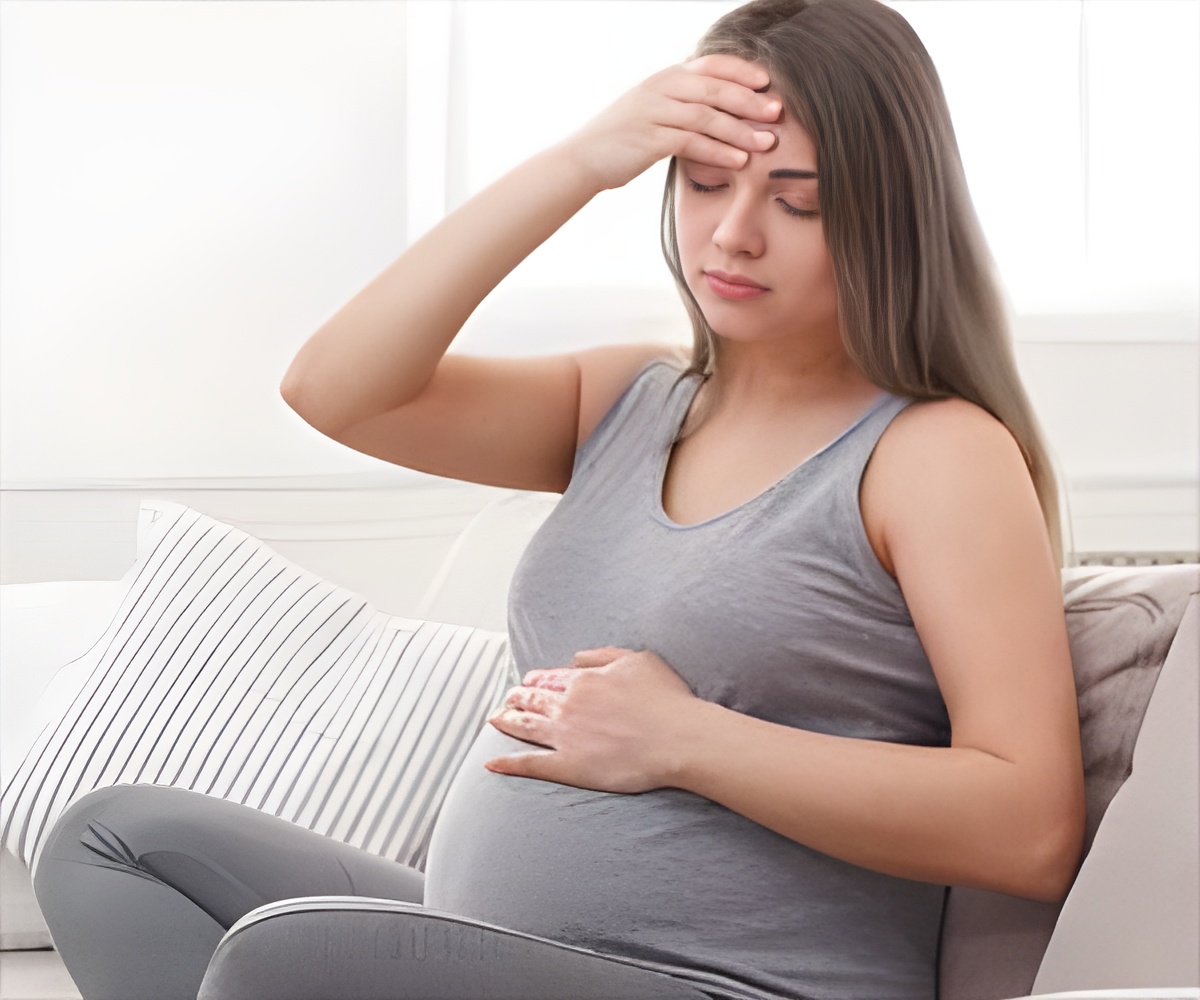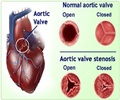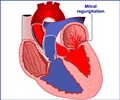Women of childbearing age suffer from rheumatic heart disease (RHD). They might be facing a double danger, as they are at risk of developing complications during pregnancy leading to even death.

‘Rheumatic heart disease (RHD) interventions need to target women in the low- to moderate-income countries to prevent the disease.’





Rheumatic fever, which usually starts as strep throat, was essentially eliminated as a life-threatening disease with the use of penicillin in the early 20th century.But for much of the developing world, RHD still kills. Estimates range that between a quarter-million to 330,000 people a year die from what has been called the "disease of poverty" across Africa, the Middle East, Central and South Asia and the South Pacific.
Worse, women of childbearing age who suffer from RHD face a double danger: They face increased risk of complications during pregnancy-including death-while also bearing a cultural burden and expectation that they'll become mothers.
That was among the findings in a recent study in Uganda led by researcher Allison Webel, an assistant professor at the Frances Payne Bolton School of Nursing at Case Western Reserve University.
The survey of 75 women last year is among the first qualitative studies of female RHD patients and their attitudes toward cardiovascular disease and reproduction.
Advertisement
A health-care provider there was hearing from women who were cautioned by their doctors about the dangers of bearing and delivering children-but who were also being told by their families and community that they must get pregnant.
Advertisement
"Our findings suggest that health programs targeting RHD in low- to moderate-income countries have to pay special attention to female patients of childbearing age," she said.
Webel and six co-authors discuss their findings in a paper published this month in the journal PLOS ONE.
Source-Eurekalert















